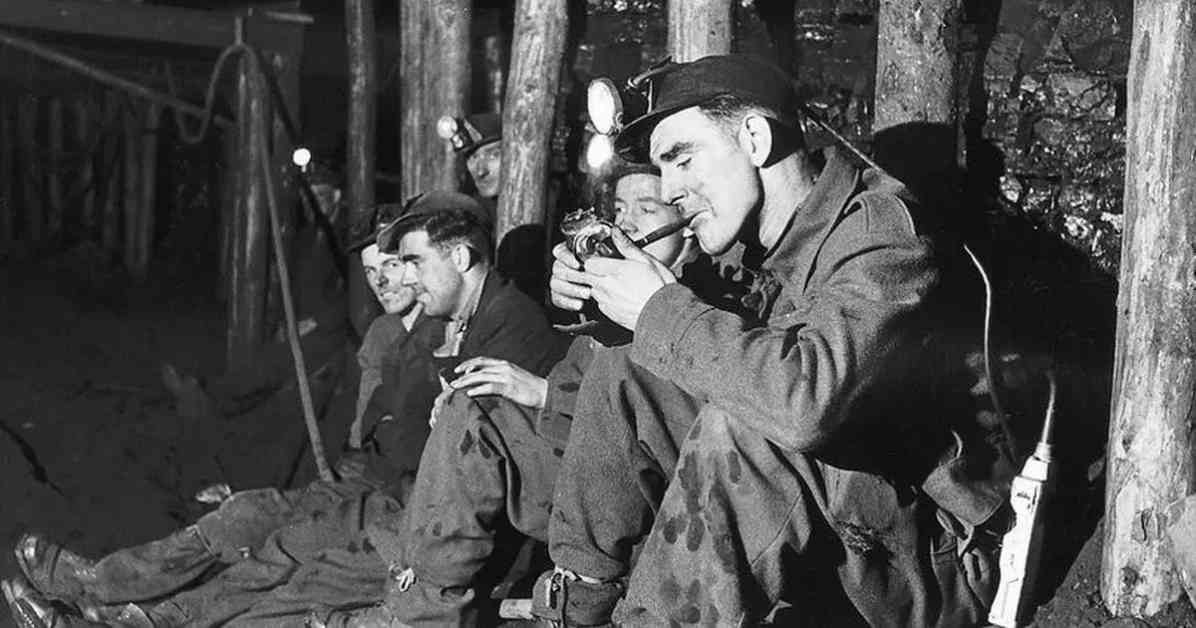Ex-miners in the Lothians are set to receive a boost in their pensions, thanks to a recent announcement by the Labour Government. This decision follows years of campaigning by former miners and their families for pensions justice. The government has agreed to allocate over £10 million annually to rectify what has been perceived as an unfair arrangement that allowed the UK Government to take half of the pension surplus.
Chancellor Rachel Reeves revealed that the £1.5 billion mineworkers’ pension fund would now be distributed to impacted miners and their families. This move will benefit around 7,000 former Scottish miners, with each receiving an average boost of £1,500 to their pensions. This represents a significant 32 per cent increase in their annual pensions, with the typical rise amounting to £29 per week.
Scotland Office minister and MP for Midlothian, Kirsty McNeill, expressed her satisfaction with the decision, stating that the money is now “back where it belongs” – in the pockets of the miners and their families. McNeill highlighted the invaluable contribution of miners to Scotland’s economy and emphasized the importance of rectifying the long-standing injustice surrounding their pensions.
The Conservative Government’s privatization of British Coal in 1994 had led to a controversial deal that entitled the government to half of the surplus cash from the pension scheme. Despite promises that miners’ pensions would increase in line with inflation, the scheme continued to generate significant returns, resulting in the UK government receiving £4.8 billion over the past three decades without contributing any funds.
The announcement of the pension boost has been met with relief and gratitude from the affected miners and their families. The additional financial support will undoubtedly make a tangible difference in the lives of many individuals in the Lothians and other mining communities across Scotland.
The distribution of the pension boost will see the largest number of recipients in McNeill’s Midlothian constituency, with 952 former miners set to benefit. Other areas, such as Glenrothes, Mid Fife, Cowdenbeath, Kirkcaldy, Ayr, Carrick, Cumnock, Dunfermline, Dollar, Alloa, Grangemouth, Kilmarnock, Loudon, Lothian East, Bathgate, Linlithgow, Stirling, Strathallan, Airdrie, and Shotts, will also have hundreds of former miners receiving the payments.
Overall, the decision to allocate funds from the mineworkers’ pension scheme to the impacted miners and their families marks a significant step towards addressing the longstanding issue of pensions justice for former miners in Scotland. The government’s commitment to rectifying the unfair arrangement and ensuring a fairer deal for the retirees reflects a positive development in the ongoing efforts to support those who have contributed so much to the country’s mining industry.













